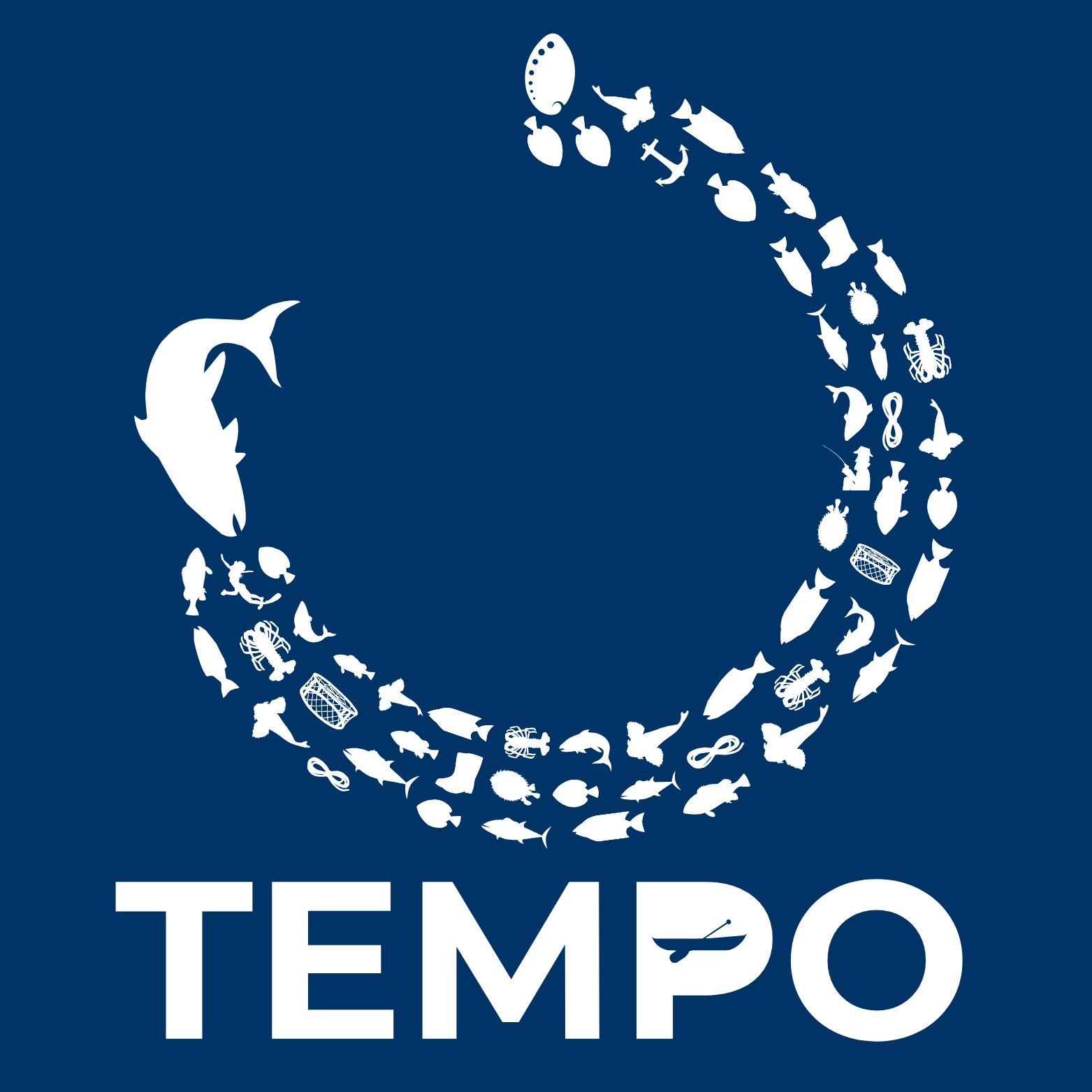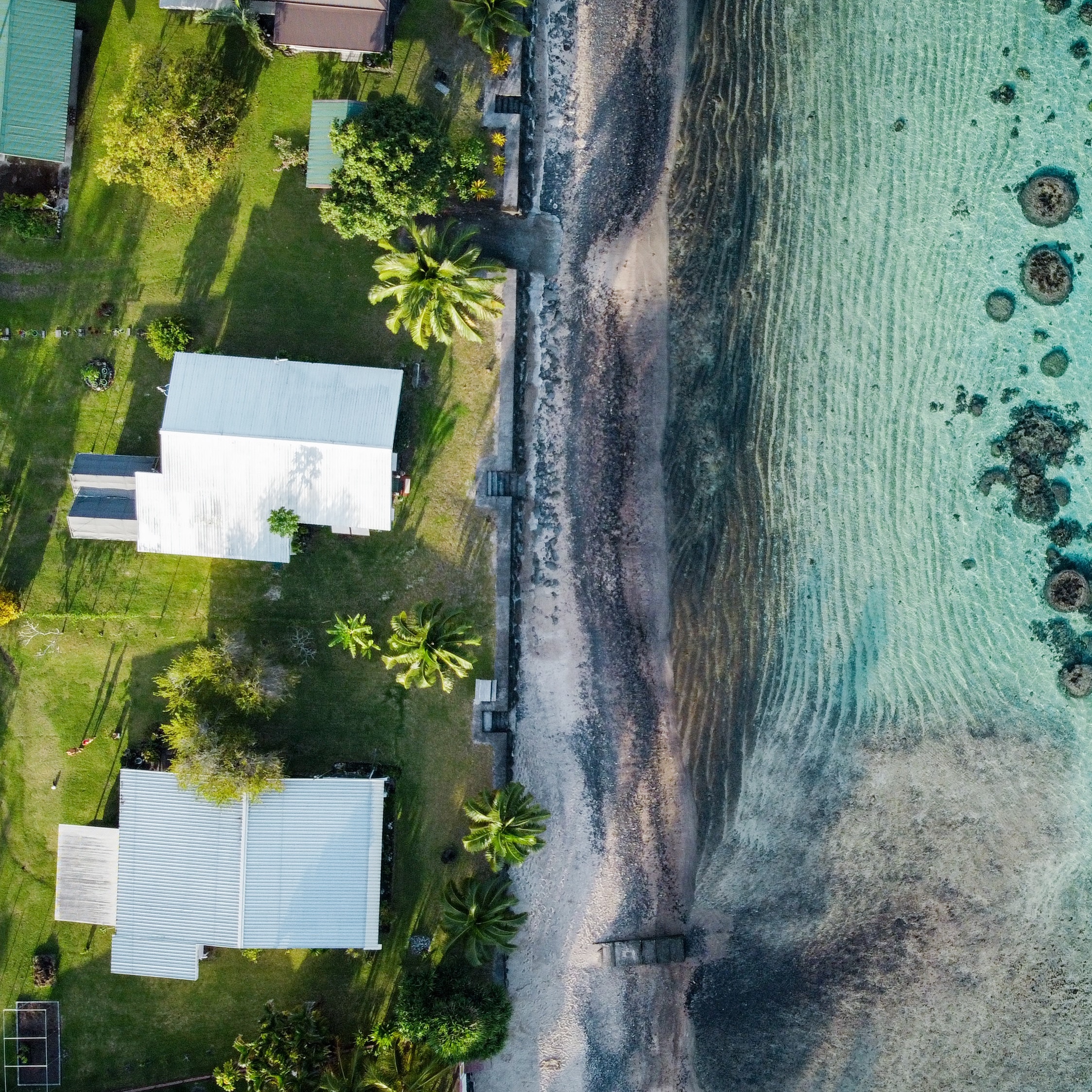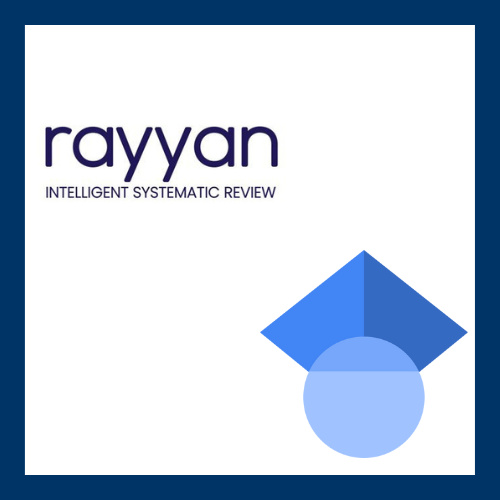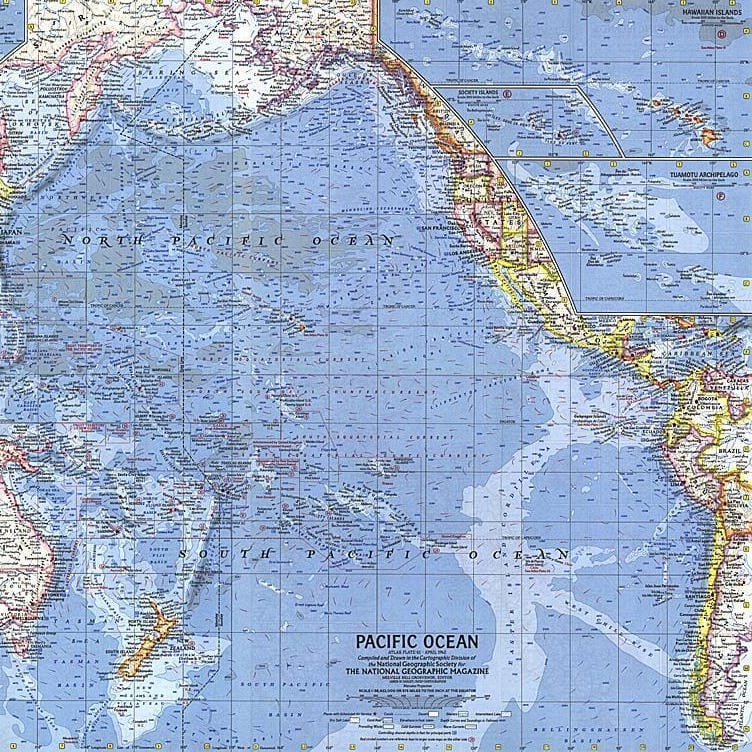TEMPO studies study temporary fishing closures as social-ecological systems. Our research goal is to document and better understand interactions between people and the ocean. To accomplish this goal, TEMPO scientists gather empirical evidence from fishery settings and develop models to test different fishery conditions.
Our team conducts fieldwork in French Polynesia and Mexico — two countries where fishers participate in temporary fishing closures. We’re actively working to gain an empirical understanding of closures in each country. With an understanding of each country’s fishery systems, our team will examine patterns and distinctions between the two settings.
We also build two models with existing fisheries data: one agent-based model and one bioeconomic model. These allow us to test hypotheses and fishery scenarios we cannot examine in the field. We’ll be able to examine how different species or different fishing methods may influence the outcome of temporary fishing closures.
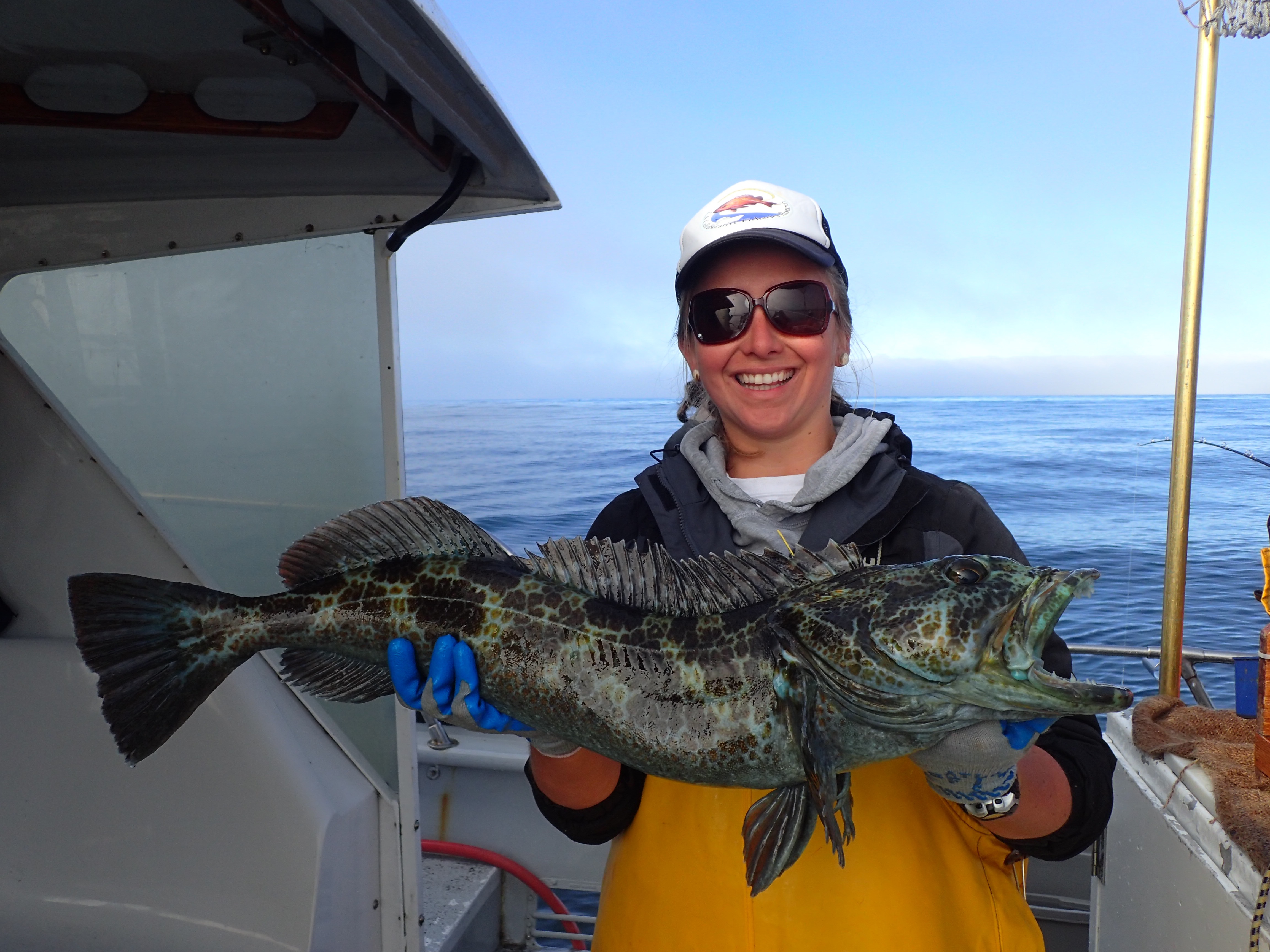
Researcher Spotlight: Bonnie Basnett
She's currently knee-deep in 20 years of data from Mexico's Refugios.
Bonnie joins TEMPO in the first year of her Ph.D. at UCSB's Bren School. With an undergraduate mentee named Fátima, Ms. Basnett will identify existing patterns within fishing reserves and present data gaps that will inform the team's fieldwork for 2024. Stay close for updates about the whole team!
